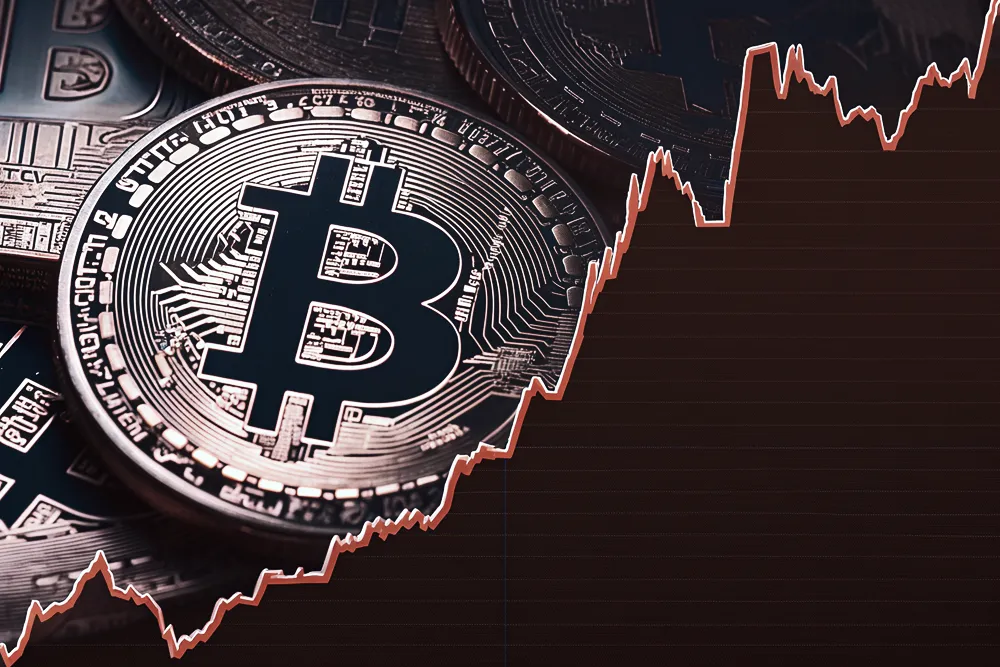Written by: Li Tao
With some foreign regions recently passing or implementing laws related to the issuance of stablecoins, Singapore plans to conduct public consultations on stablecoin legislation within this year. Stablecoin operators have indicated that this move will enhance local regulatory transparency and public confidence in digital assets.
Stablecoins are a category of cryptocurrency whose value is pegged to certain currencies, commodities, or financial instruments to reduce price volatility. Therefore, compared to highly volatile cryptocurrencies like Bitcoin, stablecoins are more commonly used as a means of payment and transaction.
Multiple regions accelerate stablecoin legislation to attract large issuers to apply for licenses
Recently, some regions have been accelerating the promotion of stablecoins. U.S. President Trump signed the "Genius Act" regulating stablecoins on July 18, while Hong Kong's "Stablecoin Ordinance" is set to take effect in August, with many large stablecoin issuers planning to apply for licenses.
Market news indicates that Ant International, an international business company under Ant Group headquartered in Singapore, plans to apply for stablecoin licenses simultaneously in both New Port locations.
The Monetary Authority of Singapore (MAS) announced a regulatory framework for the issuance of stablecoins locally in 2023, but this framework has not yet become formal law.
Regarding the upcoming deployment, a MAS spokesperson responded to inquiries from Lianhe Zaobao, stating that the authorities are drafting amendments to formalize the regulatory framework.
"We plan to conduct public consultations on the proposed amendments later this year. Before that, entities considering issuing stablecoins can apply for a Digital Payment Token (DPT) service license under the Payment Services Act."
Support and timely redemption requirements included in legislation, Singapore sets clear standards for safety and accountability.
According to the stablecoin regulatory framework announced by MAS in August 2023, stablecoins are categorized into single-currency stablecoins and non-single-currency stablecoins.
The former qualifies to apply as MAS-regulated stablecoins. They must meet a series of requirements, including an issuance volume exceeding 5 million SGD, and the issuer must hold reserve assets consisting of at least an equivalent amount in cash or short-term government bonds.
Stablecoins that do not meet the criteria to become "MAS-regulated" will be considered DPTs under the existing Payment Services Act and will be subject to relevant regulations.
After concluding a round of public consultations in 2023, MAS indicated its intention to incorporate the relevant framework into the Payment Services Act. In November of the same year, then-MAS Chief Ravi Menon announced that three stablecoin issuing entities had been granted in-principle approval letters. Once the subsequent legislation is completed, these stablecoins will be regarded as MAS-regulated.
StraitsX is one of the first issuers of SGD-pegged stablecoins locally and is also one of the entities that received an in-principle approval letter from MAS. The company's Chief Legal Officer, Liang Shengfeng, welcomed MAS's initiation of the legislative process in an interview.
"The relevant measures enhance regulatory transparency and strengthen public trust in the digital asset ecosystem. By incorporating full reserve support and timely redemption requirements into legislation, Singapore sets clear standards for safety and accountability," said Liang Shengfeng, Chief Legal Officer of StraitsX.
Our regulations are more lenient; seeking MAS regulation is voluntary
It is noteworthy that even with legislation, Singapore's stablecoin regulations will differ from those in other regions.
Hong Kong's upcoming "Stablecoin Ordinance" specifies that only operators with stablecoin licenses can engage in issuance activities; the U.S. "Genius Act" also stipulates that the issuance of stablecoins must obtain federal or state government approval.
However, under our framework, seeking MAS regulation is voluntary.
Wang Yingyu, a partner at Simmons & Simmons JWS, stated in an interview that Singapore's more lenient regulations create possibilities for regulatory arbitrage.
Wang Yingyu said, "In Singapore, those stablecoin issuers that do not seek MAS regulation actually have greater space to conduct business and explore commercial opportunities without bearing the regulatory burden that comes with licensing.
The relevant measures enhance regulatory transparency and strengthen public trust in the digital asset ecosystem. By incorporating full reserve support and timely redemption requirements into legislation, Singapore sets clear standards for safety and accountability."
免责声明:本文章仅代表作者个人观点,不代表本平台的立场和观点。本文章仅供信息分享,不构成对任何人的任何投资建议。用户与作者之间的任何争议,与本平台无关。如网页中刊载的文章或图片涉及侵权,请提供相关的权利证明和身份证明发送邮件到support@aicoin.com,本平台相关工作人员将会进行核查。



